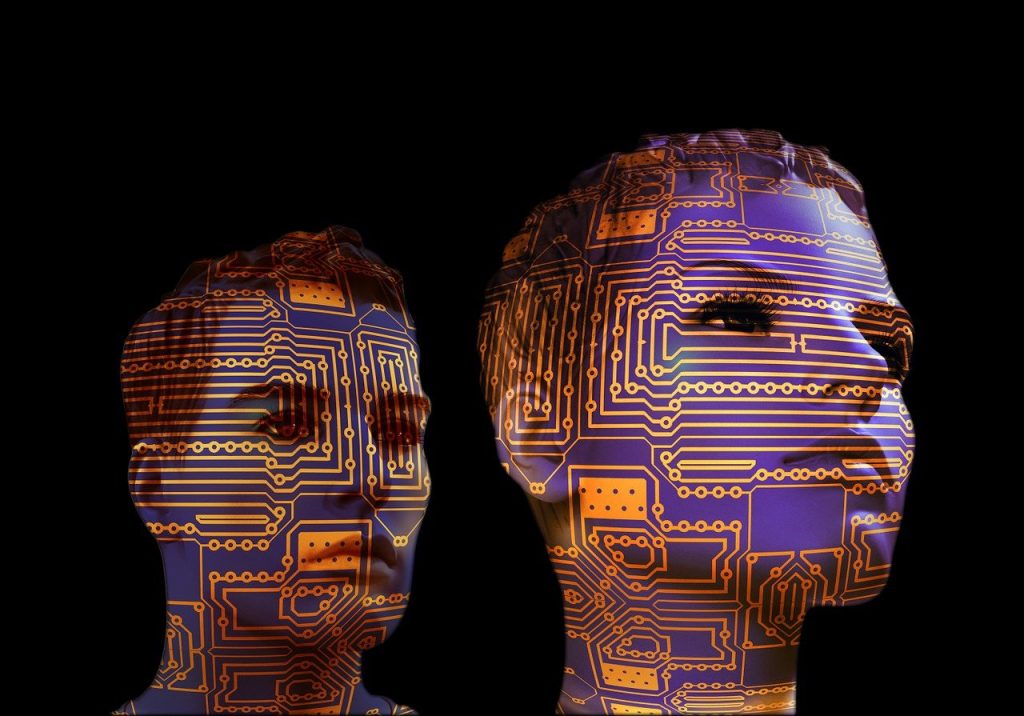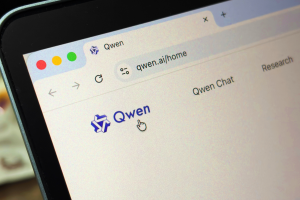
In recent years, artificial intelligence (AI) has emerged as a transformative force across various industries. From healthcare to finance, manufacturing to customer service, AI is reshaping how we work and interact with technology. This article explores how artificial intelligence is changing the workplace, examining its impact on productivity, job roles, and the overall work environment.
The Rise of AI in the Modern Workplace
Artificial intelligence is no longer confined to science fiction or experimental labs. It has become an integral part of many businesses, driving innovation and efficiency. As AI technologies continue to evolve, their influence on the workplace grows exponentially.
Defining AI in the Work Context
Before delving deeper into how artificial intelligence is changing the workplace, it's essential to understand what AI means in this context. AI refers to computer systems that can perform tasks that typically require human intelligence. These tasks include visual perception, speech recognition, decision-making, and language translation.
[Insert an infographic here showing different AI applications in the workplace]
Key Areas Where AI is Transforming Work
1. Automation and Productivity
One of the most significant ways artificial intelligence is changing the workplace is through automation. AI-powered tools and robots can now handle repetitive tasks with incredible speed and accuracy, freeing up human workers to focus on more complex and creative endeavors.
Examples of AI Automation in Action:
- Chatbots handling customer inquiries
- AI-driven data analysis and report generation
- Robotic process automation (RPA) in manufacturing
A study by McKinsey Global Institute suggests that by 2030, up to 30% of the hours worked globally could be automated[1]. This shift highlights how artificial intelligence is changing the workplace landscape dramatically.
2. Enhanced Decision-Making
AI's ability to process vast amounts of data and identify patterns is revolutionizing decision-making processes across industries. From predictive analytics in marketing to risk assessment in finance, AI is enabling more informed and data-driven decisions.
[Insert a video here demonstrating AI-powered decision-making tools]
3. Personalized Learning and Development
As the workplace evolves, so does the need for continuous learning. AI is transforming employee training and development by offering personalized learning experiences. Adaptive learning platforms use AI to tailor content and pace to individual learners, making skill acquisition more efficient and effective.
The Impact of AI on Job Roles
While artificial intelligence is changing the workplace in many positive ways, it also raises questions about job security and the evolution of job roles.
Job Displacement vs. Job Creation
There's ongoing debate about whether AI will lead to widespread job losses. While it's true that some roles may become obsolete, history shows that technological advancements often create new job opportunities. A report by the World Economic Forum predicts that AI could create 58 million new jobs by 2022[2].
Emerging AI-Related Job Roles
As artificial intelligence changes the workplace, new job roles are emerging:
- AI Ethics Officers
- Machine Learning Engineers
- Data Scientists
- AI-Human Interaction Designers
These roles highlight how the job market is adapting to the AI revolution.
Challenges and Ethical Considerations
While the benefits of AI in the workplace are evident, its implementation also brings challenges and ethical considerations.
Privacy and Data Security
As AI systems rely on vast amounts of data, ensuring the privacy and security of this information becomes crucial. Companies must navigate complex legal and ethical landscapes to protect employee and customer data.
Bias and Fairness in AI Systems
AI systems can inadvertently perpetuate or amplify existing biases if not carefully designed and monitored. Ensuring fairness and eliminating bias in AI-driven decision-making processes is a significant challenge that organizations must address.
For more information on AI ethics and fairness, visit the IEEE Ethics in Action in Autonomous and Intelligent Systems[3].
Preparing for an AI-Driven Workplace
As artificial intelligence continues to change the workplace, both employers and employees need to prepare for this new reality.
For Employers:
- Invest in AI education and training for employees
- Develop clear AI implementation strategies
- Foster a culture of innovation and adaptability
For Employees:
- Embrace lifelong learning
- Develop skills that complement AI, such as creativity and emotional intelligence
- Stay informed about AI advancements in your industry
[Insert an image here showing a diverse group of professionals engaging with AI technology]
The Future of Work: Human-AI Collaboration
As we look to the future, it's clear that artificial intelligence is changing the workplace in ways that will require increased collaboration between humans and AI systems. This symbiotic relationship has the potential to drive unprecedented levels of innovation and productivity.
Augmented Intelligence
Rather than replacing human workers, many experts envision a future where AI augments human capabilities. This concept, known as augmented intelligence, combines the strengths of human creativity and intuition with the processing power and pattern recognition abilities of AI.
Reimagining Work Processes
As AI becomes more integrated into the workplace, we'll likely see a reimagining of traditional work processes. This could lead to more flexible work arrangements, data-driven decision-making at all levels, and increased focus on high-value tasks that require uniquely human skills.
Conclusion: Embracing the AI Revolution
Artificial intelligence is changing the workplace in profound and far-reaching ways. From boosting productivity through automation to enabling more informed decision-making, AI is reshaping how we work and what we're capable of achieving. While challenges exist, the potential benefits of AI in the workplace are immense.
As we navigate this AI-driven future, it's crucial for both organizations and individuals to stay adaptable, continue learning, and embrace the opportunities that AI presents. By doing so, we can harness the power of artificial intelligence to create more efficient, innovative, and fulfilling work environments.
The workplace of tomorrow will be one where humans and AI systems work side by side, each leveraging their unique strengths to drive progress and innovation. As artificial intelligence continues to evolve, so too will our understanding of work itself, opening up new possibilities and challenges for generations to come.
References:
[1] McKinsey Global Institute. "Jobs lost, jobs gained: What the future of work will mean for jobs, skills, and wages." November 2017.
[2] World Economic Forum. "The Future of Jobs Report 2018." September 2018.
[3] IEEE Ethics in Action in Autonomous and Intelligent Systems: https://ethicsinaction.ieee.org/








